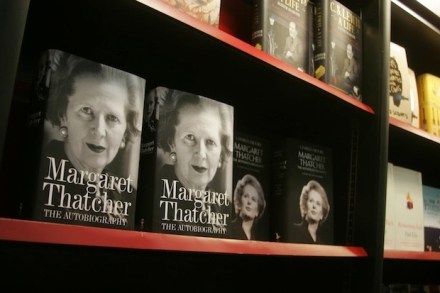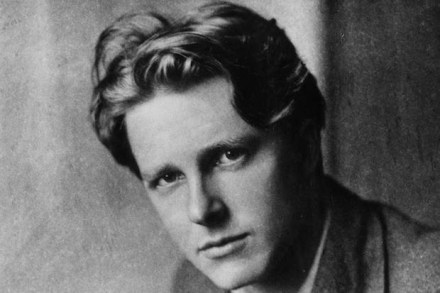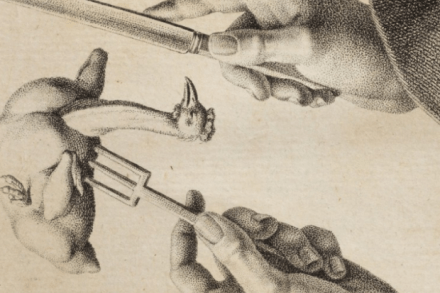Filling in the Bloomsbury puzzle
Lead book reviewIn March 1923 a large birthday party was held in a studio in Bloomsbury. It is often assumed that the eponymous Group was habitually glum or intense; but there were a lot of parties. The artists were Vanessa Bell and Duncan Grant, and the birthday was David Garnett’s 31st. David (known as Bunny) was a






























